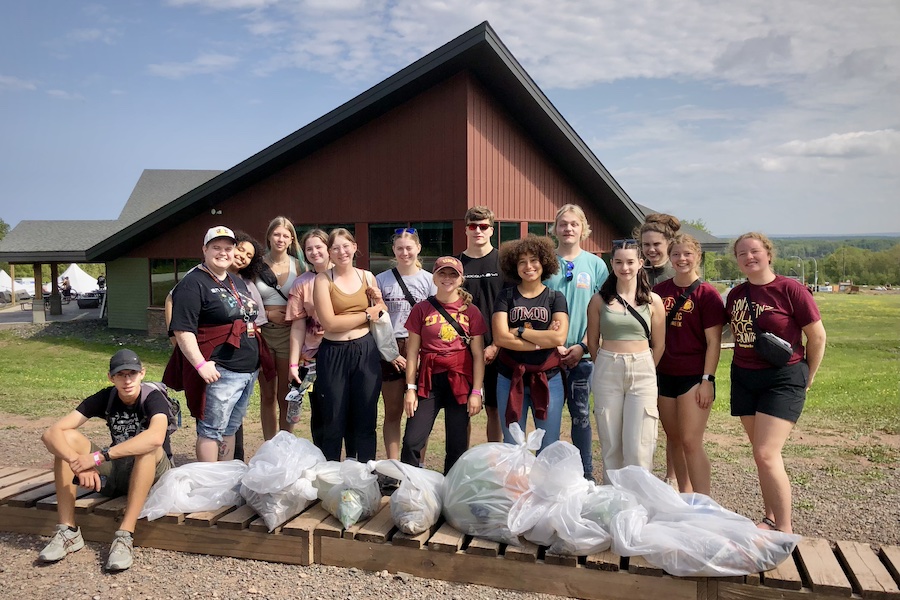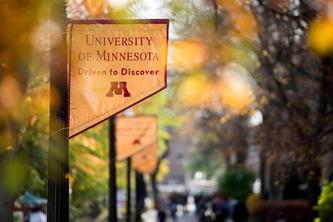University of Minnesota becomes nation’s first to receive community engagement distinction for every campus

The University of Minnesota’s Crookston, Duluth and Rochester campuses have been awarded the Carnegie Elective Classification for Community Engagement, joining the Twin Cities (2006, 2015) and Morris campuses (2015) and making the U of M the country's first and only university system at which every individual campus has received this selective designation.
Of the nearly 4,000 qualifying U.S. universities and colleges, this prestigious recognition has been granted to only 368 institutions. Administered by the American Council on Education and the Carnegie Foundation for the Advancement of Teaching, the classification requires evidence-based documentation of institutional policies and practices that support dynamic and noteworthy university-community engagement.
These distinctions shine a singular spotlight on the U of M nationally and meet a stated goal in the University’s comprehensive, systemwide strategic plan (MPact 2025) for all campuses to earn this classification.
“With five campuses — in addition to Extension, research and outreach centers, and partnerships in each of Minnesota’s 87 counties — the U of M serves all Minnesotans,” said Interim President Jeff Ettinger. “We are proud to be a national leader in community engagement and to see the dedication of faculty and students at all campuses reflected in this designation, as well as in the important progress on the University’s strategic goals.”
In addition to building strong institutional structures supporting community engagement, accomplishments highlighted in the recent applications include: Crookston’s commitment to community partnerships related to economic development; Duluth’s award-winning community-engaged work ranging from food security to sustainability; and Rochester’s health-centered partnerships, community-integrated campus environment and community-based learning requirement for all students.
“Robust public engagement and mutually beneficial community partnerships are increasingly recognized as critical to the University's teaching, research and outreach missions, as well as to students, scholars, legislators, funders and Minnesotans in general,” said Laurie Van Egeren, vice provost for Public Engagement. “Community engagement deepens learning for students and is an important way to apply University resources to complex social, environmental and economic problems.”
Learn more about the University’s ever-increasing community-focused partnerships via the interactive University of Minnesota Public Engagement Footprint map.
- Categories:
- Campus Affairs





